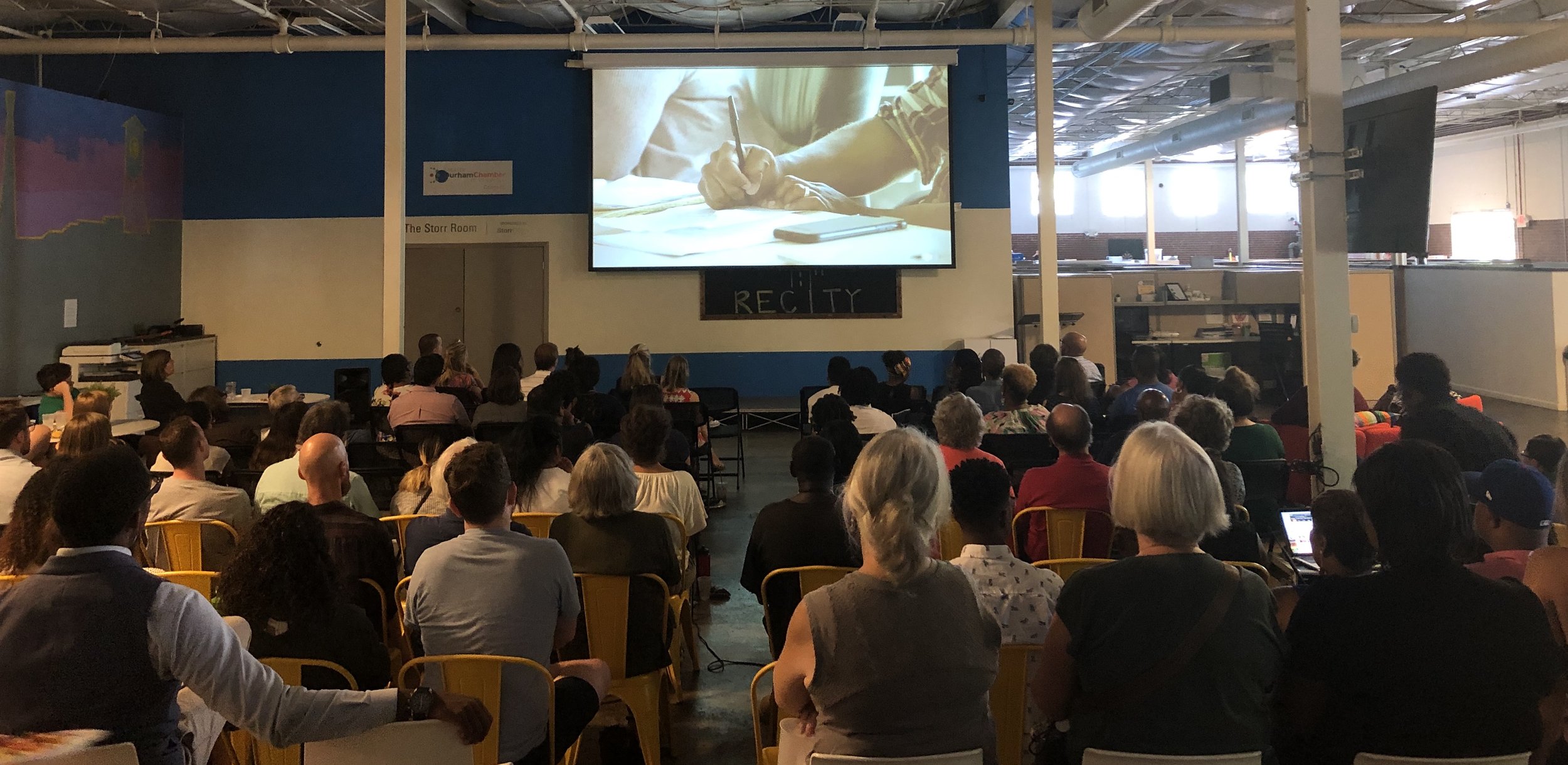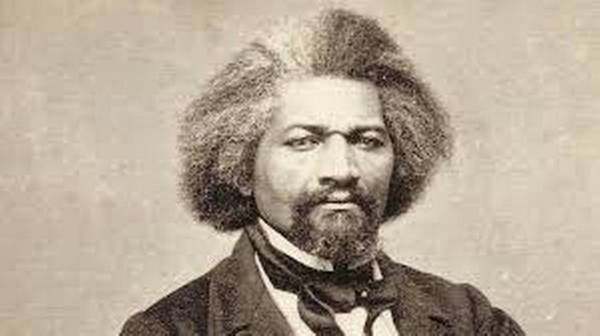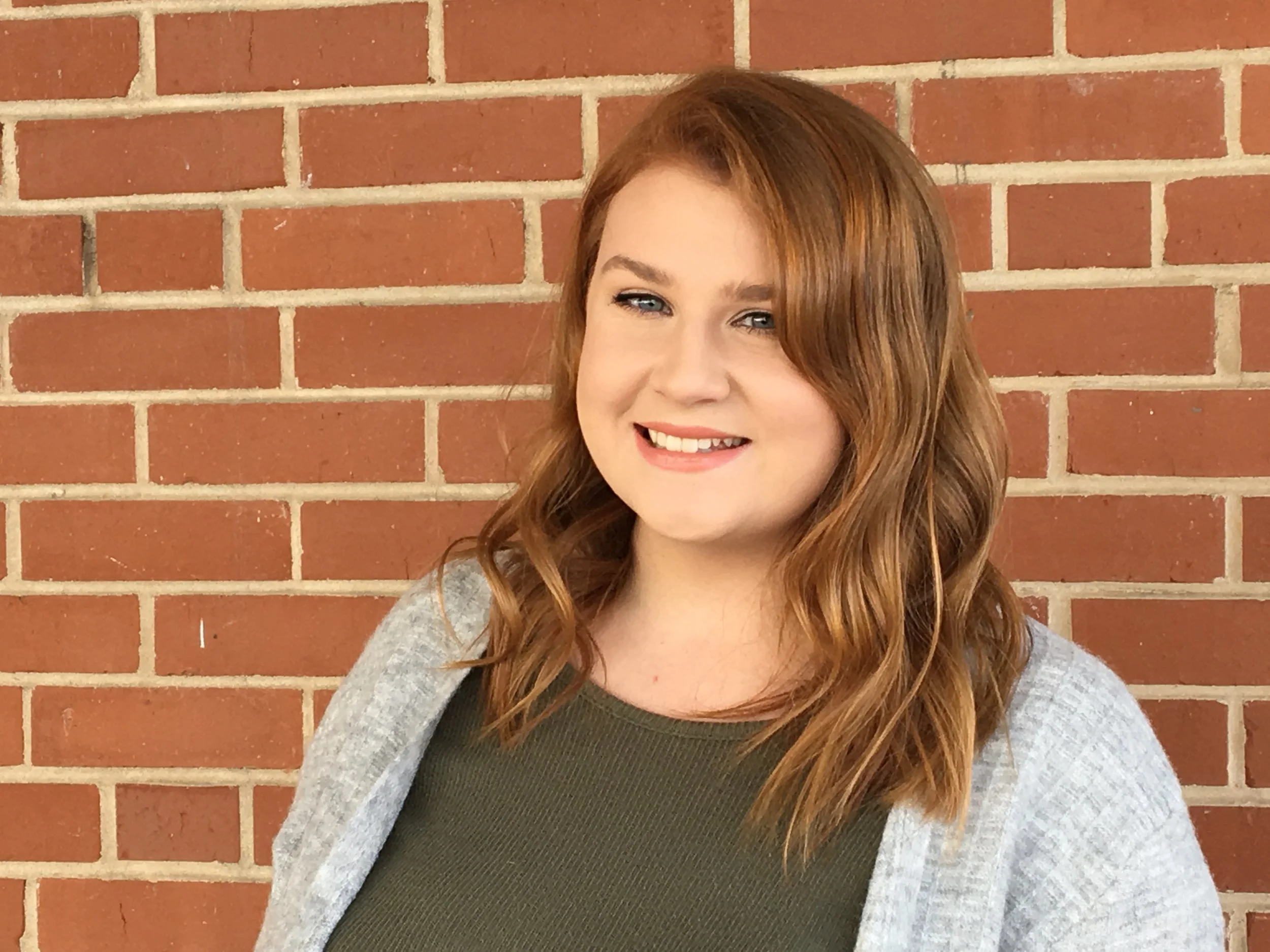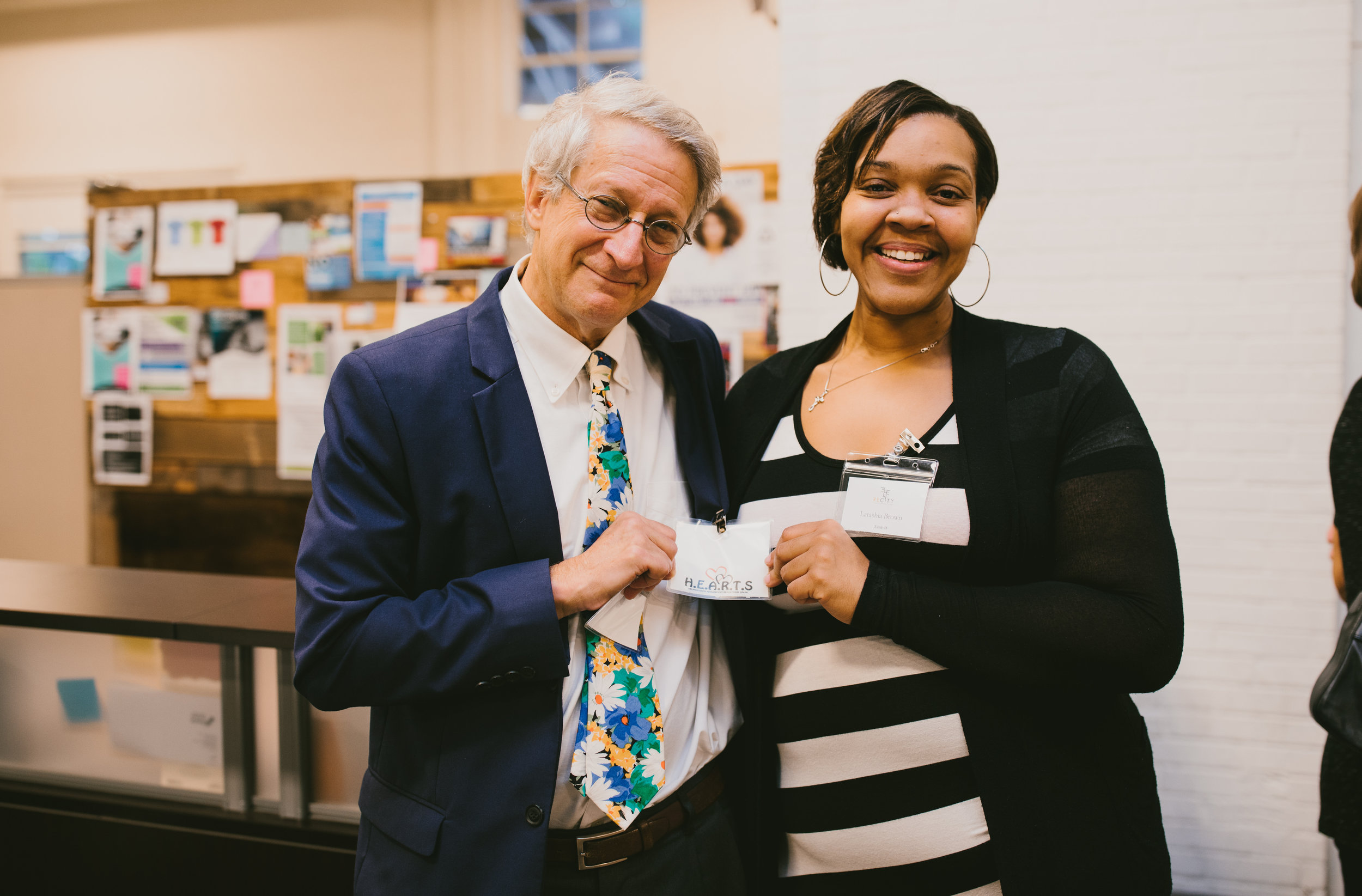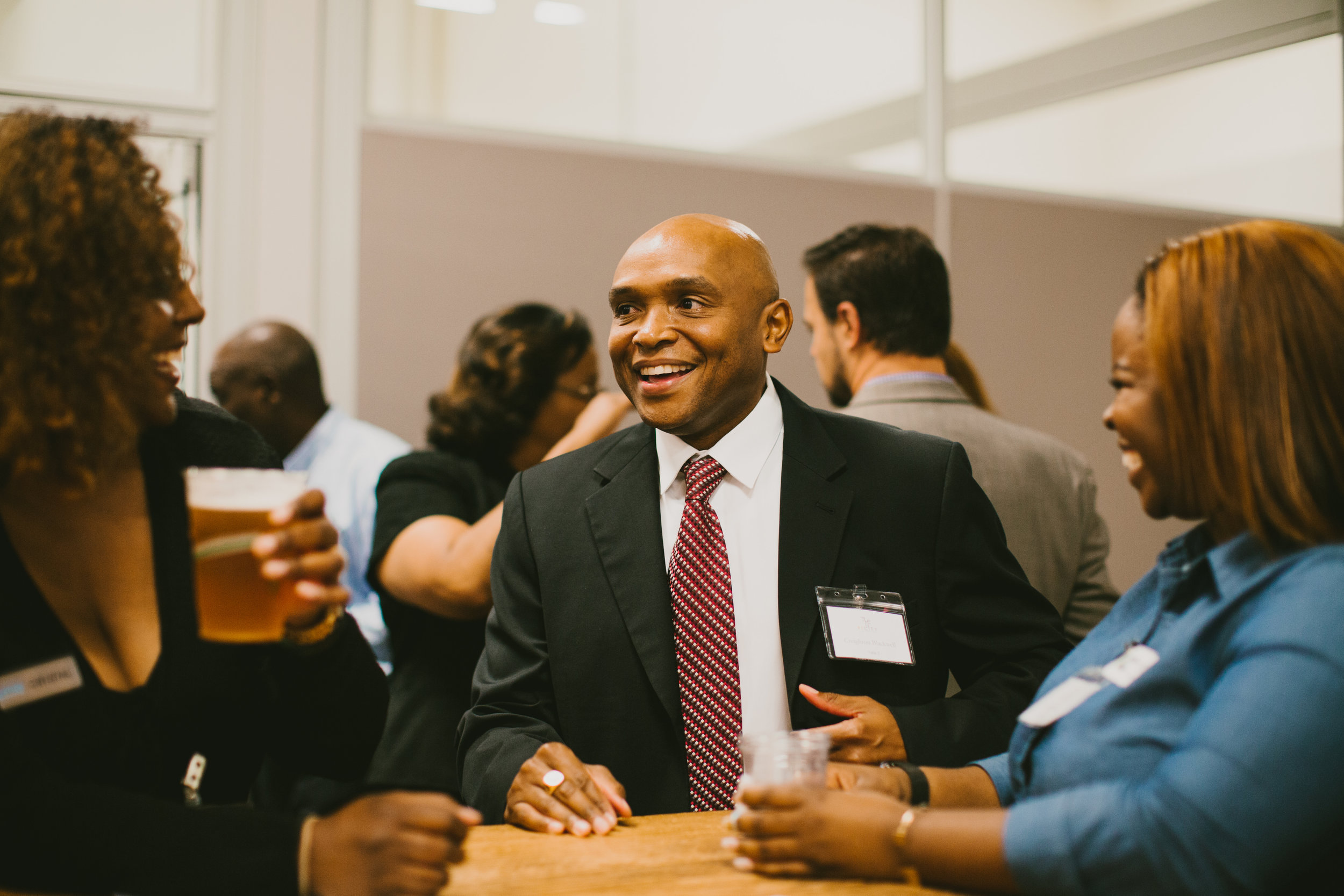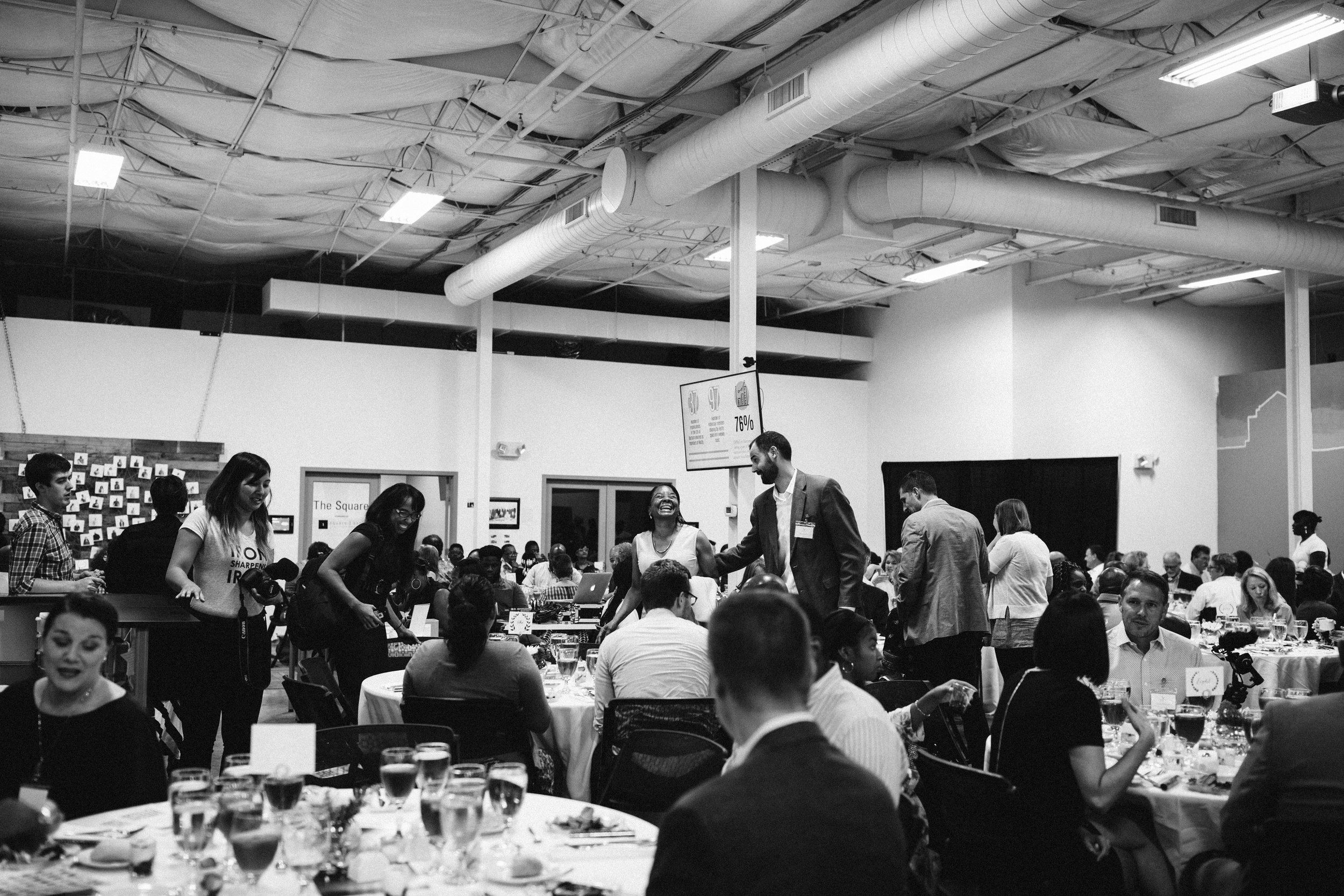“I think it’s important that we understand all the ugly details because those are the things that actually give rise to what might allow us to one day claim something really beautiful.”
- Bryan Stevenson, True Justice
We had the privilege of hosting more than 125 people at the ReCity Roundtable screening of the documentary True Justice: Bryan Stevenson’s Fight for Equality. Families, Durham-lovers, community organizers, church-goers, friends, strangers, and everyone in between flooded in the doors at 5:30pm, all seeking a space to sit, learn, engage with, and reflect on the dark, racially-disparate realities of the American justice system. Together, we watched Stevenson share his story in his own words - from his own experience as a black child raised in the Deep South, to his journey through law school and taking on capital punishment appeals cases, to the founding of the Equal Justice Initiative, an advocacy organization committed to challenging racial and economic injustice and protecting basic human rights for the most vulnerable people in American society.
After the film, the crowd circled into discussion groups and took big and small leaps of vulnerability as they shared their personal reactions and collectively processed through the documentary. The room was heavy with sadness and grief as folks lamented the discrimination, injustices, and legacy of hate that is precisely and purposefully built into the American justice system. Alongside the palpable grief, however, persisted the knowledge that we, as a community, were moved in a profound way that rejects inaction. An experience of this magnitude is both heartbreaking and hopeful at the same time. The passion that Stevenson has for his work of advocating for marginalized communities is also a passion that is deeply present in Durham. Watching folks from all walks of life learn, reflect, mourn, and empathize with each other was moving, but hearing action steps come to life was overwhelmingly powerful.
If you were not able to attend the event, we encourage you to watch the documentary with a group of like-minded people. It is free through the end of July on HBO.
If you attended the event and are wondering what to do next, here are a few action steps that are available to you:
Read Stevenson’s book Just Mercy. Stevenson pulls from his own story and the stories of those he has represented as he conceptualizes the realities of race discrimination in America’s justice system and the need for just mercy.
Volunteer with or donate to StepUp Durham, a non-profit in Durham that offers free employment readiness training, personalized job coaching, employer referrals, and supportive services to job seekers. Many of StepUp’s clients have been justice-involved or have had their lives disrupted by the inequities of the justice system. StepUp provided some amazing discussion facilitators at Wednesday night’s event - we are so thankful for the partnership and their dedication to serving all of Durham’s communities.
Attend the Pilgrimage of Pain and Hope by DurhamCares. The Pilgrimage is an opportunity to discover how your spiritual journey is connected to the place you live – Durham, NC. This is a deeply meaningful chance to engage with Durham’s story, which is similar to our event - heartbreaking and hopeful at the same time.


